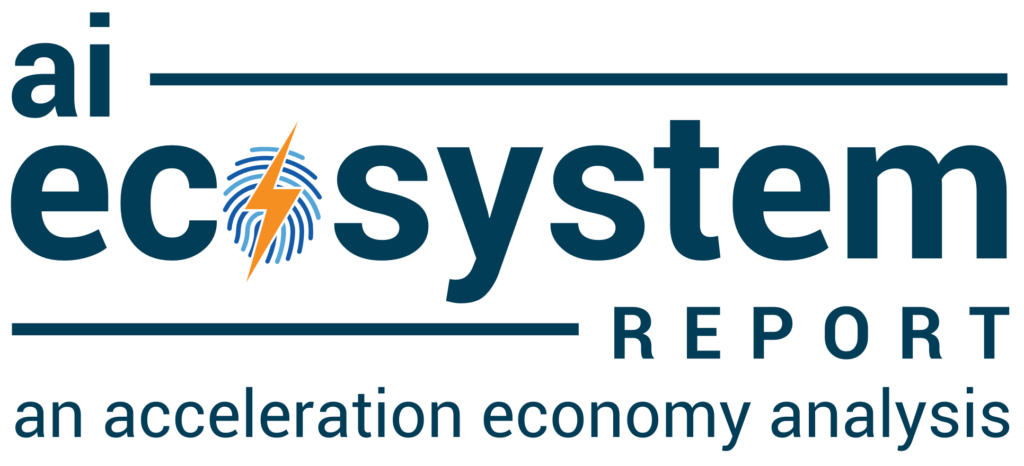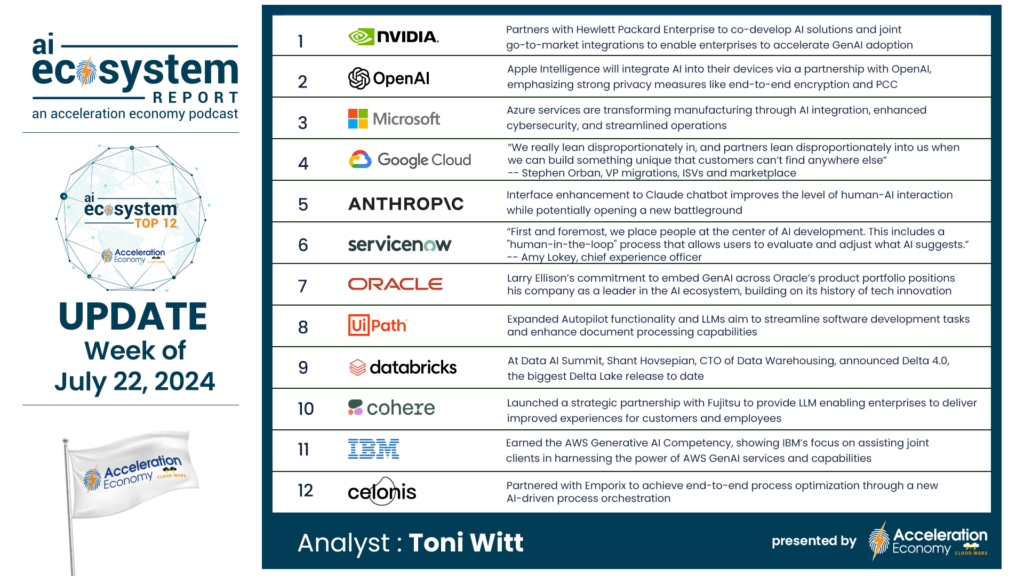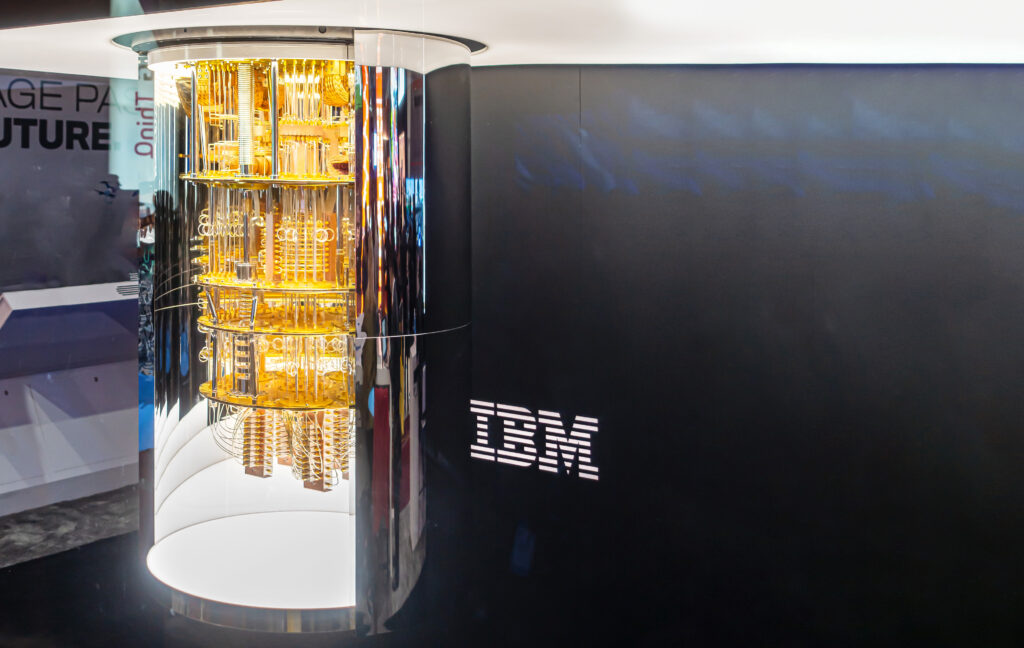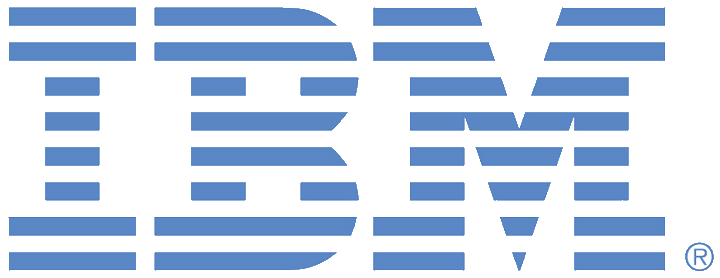
Formally known as International Business Machines Corp., IBM has a storied history of technology and business innovation since its founding in 1911 as the Computing-Tabulating-Recording Company (CTR).
In the 113 years since, IBM has played a pivotal role in the evolution of the technology industry, consistently pushing the innovation boundaries of computing and software:
- The company pioneered development of the mainframe computer, which revolutionized business operations worldwide by providing unprecedented data processing capabilities.
- The IBM System/360 line of mainframes — launched in 1964 — introduced the concept of a compatible family of computers
- In the 1980s, IBM introduced the personal computer (PC), setting the standard for PC architecture and making a profound impact on both business and personal computing.
- Development of relational database technology through its System R project, which laid the groundwork for SQL, the standard language for database management.
IBM’s current mainframe and minicomputer lines — the IBM Z Series and Power systems (successor to the AS/400) — continue to function as the secure, reliable backbone of many enterprises. IBM z15 and z16 mainframes handle high transaction volumes and provide advanced encryption and AI capabilities, crucial for industries including finance and insurance. Power systems support modern workloads while maintaining legacy applications written in COBOL. These latest generations of mainframe and minicomputer systems are integral for business-critical applications, while providing a bridge to cloud computing and AI.
For the 2023 fiscal year, IBM reported revenue of approximately $62 billion and net income of $7.5 billion; the revenue figure represented a modest increase while net income increased dramatically. CEO Arvind Krishna detailed AI’s impact on the company’s financials during its recent Q2 earnings call, saying: “Our book of business related to generative AI now stands at greater than $2 billion inception to date. The mix is roughly one-quarter software and three-quarters consulting signings.” IBM Consulting and its expanding portfolio of services and partnerships have played a major role in Krishna’s strategy to collaborate, rather than compete, with cloud hyperscalers Microsoft and Amazon while emphasizing hybrid-cloud capabilities for customers.

IBM ranks number 11 on the Acceleration Economy AI Ecosystem Top 12 Pioneers and ranks number 9 on the Cloud Wars Top 10.

Technology Innovations
I had the opportunity to attend IBM Think 2024 in Boston, where several major innovations were unveiled, reflecting IBM’s focus on AI, automation, open ecosystems, and quantum computing. Below I’m sharing several technology highlights from my CIO perspective:
- IBM Concert: This GenAI-powered tool is designed to help enterprises manage their IT operations. It provides insights into connected applications and toolsets while facilitating regulatory compliance. Concert integrates with existing systems to predict and suggest fixes for problems, aiming to make IT management more efficient and proactive.
- watsonx Advancements: IBM introduced significant updates to its watsonx AI platform, emphasizing open-source development and ecosystem partnerships. The platform now supports large language models from partners including AWS, Meta, and Microsoft, enhancing its capabilities in AI governance and hybrid cloud. Notably, Meta’s Llama 3 is now available on watsonx, furthering its reach and innovation opportunities in AI.
- Extended Support for Open Source: IBM highlighted its commitment to open-source technologies, aiming to embed watsonx capabilities into various platforms and enhance AI-driven security and cloud solutions. IBM has open-sourced a family of its most advanced and high performance language and code Granite models, inviting customers, developers, and global experts to drive new AI-centric development. IBM and Red Hat launched InstructLab, a methodology that allows developers to build models specific to their business domains with their own data.
- Quantum Computing: IBM showcased its progress in deploying 70 quantum computers globally, running over 3 trillion workloads. IBM’s advancements in quantum computing are expected to solve complex problems that classical computers cannot, with significant developments anticipated within the next five years.
These innovations underline IBM’s strategic directions to apply AI across various industries, enhance IT operations with automation, foster an open technology ecosystem, and stake out a leadership position in quantum computing research and applications.

Strategic Ecosystem Partnerships
IBM’s commitment to open-source technologies and strategic collaborations with traditional competitors is a significant aspect of its innovation strategy. Key partnerships include:
Adobe: The two companies are bringing Red Hat OpenShift and IBM Watson AI capabilities into the Adobe Experience Platform. They’re also enhancing hybrid cloud and AI capabilities through integration that aims to provide more scalable platforms for customers using Adobe software.
Salesforce: IBM Granite AI models are being embedded into the Salesforce Einstein 1 platform. They’re working together to help customers leverage AI to enhance customer relationship management and decision-making processes.
Palo Alto Networks: The two companies are expanding their partnership to integrate watsonx capabilities, enhancing threat detection and response while improving security outcomes through the application of AI.
These collaborations highlight IBM’s strategy to drive innovation through open-source technologies and build a diverse ecosystem of partners to meet evolving business needs
Customer Successes
At IBM Think 2024, several customers discussed how IBM innovations are benefiting their businesses today. Noteworthy examples include:
Citi: Outlined its collaboration with IBM, particularly focusing on how it’s leveraging IBM AI technologies to enhance financial services.
FedEx Corporation: Shared insights on how it’s utilizing IBM’s AI and hybrid cloud technology to streamline logistics and improve delivery efficiency.
Lockheed Martin: Discussed how IBM’s AI and automation tools are aiding in its complex project management and defense technology development.
Broadridge Financial Solutions: Highlighted the role of IBM AI in transforming financial services and operations, enabling better decision-making and efficiency.
Dun & Bradstreet: Explained how IBM’s data analytics and AI capabilities are helping manage vast amounts of business data to provide more accurate and actionable insights.
These companies emphasized the impact of IBM’s AI, automation, and hybrid cloud technologies on their business processes and overall efficiency. IBM’s commitment to open-source projects and partnerships, even with traditional competitors like Microsoft and AWS, was also a significant theme at the conference, showcasing a shift towards collaborative, integrated approaches to helping customers drive results.
CIO Perspective on IBM
As a CIO, selecting the right technology is crucial for the future success of our company. IBM’s leadership in both quantum computing and AI, combined with its strategic partnerships, makes it a compelling choice. The holistic approach to integrating advanced technologies across various industries demonstrates a commitment to delivering tangible business benefits.
IBM plans to continue expanding its quantum and AI capabilities, with a focus on addressing real-world problems and driving industry-specific innovations. Future developments may include enhanced quantum and AI tools for sectors such as healthcare, finance, and manufacturing, reinforcing IBM’s commitment to innovation. The combination of advanced technology and strong industry partnerships positions IBM to build on its storied history and long track record of innovation, empowering customers across a wide range of industries to capitalize on AI and the cloud.
Ask Cloud Wars AI Agent about this analysis











